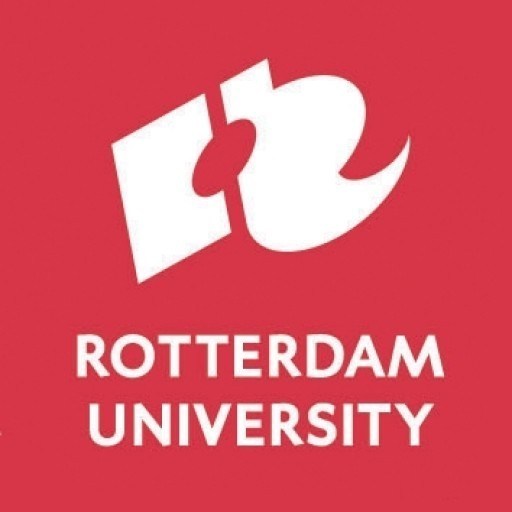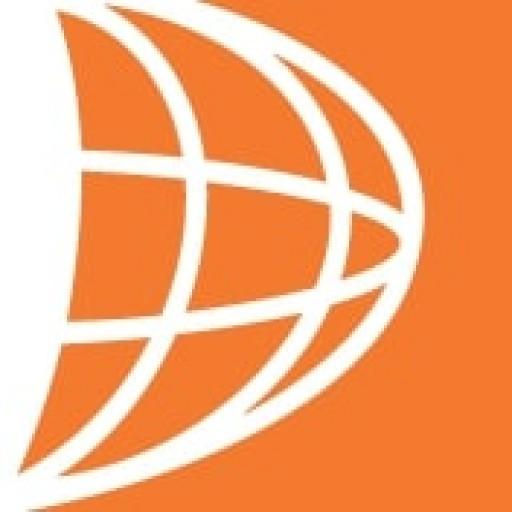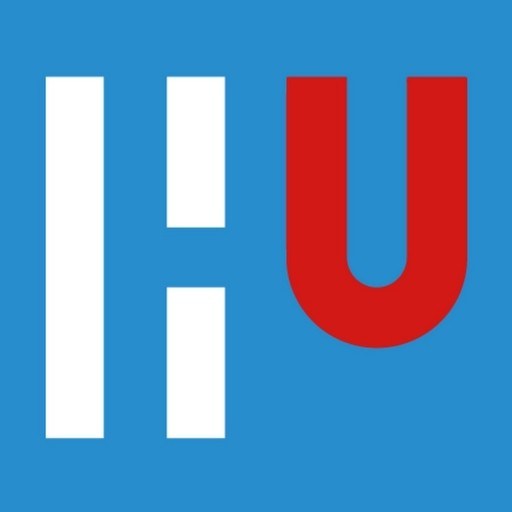Photos of university / #tilburguniversity
The Master's programme in Children's and Young Adult Literature at Tilburg University offers an in-depth exploration of the rich and diverse world of literature aimed at young audiences. This programme is designed for students who are passionate about understanding the cultural, linguistic, and aesthetic aspects of children's and young adult texts. Throughout the course, students will examine a wide range of literary works, including classics, contemporary novels, picture books, and digital media, analyzing their themes, narratives, and societal impacts. The curriculum emphasizes critical thinking and analytical skills, encouraging students to explore how literature influences the development of identity, morality, and social values among young readers. Additionally, students will study the history and evolution of children's and young adult literature, gaining insight into how historical contexts shape literary trends and themes. The programme also covers important topics such as diversity and representation, digital innovations, and the role of literature in education. Practical skills are honed through assignments, projects, and possible collaboration with publishers, authors, and educational institutions. Graduates of this programme will be well-equipped for careers in publishing, education, library management, literary criticism, or further academic research. The programme benefits from Tilburg's strong links with cultural organizations and a vibrant academic community dedicated to the study of literature for children and young adults. Enrolling in this programme provides an excellent opportunity to deepen your understanding of how literature can inspire, educate, and influence young minds, preparing you for a meaningful career in this specialized field.
The Master's programme in Children's and Young Adult Literature at Tilburg University offers an in-depth exploration of the vibrant world of literature created for young readers. This programme is designed for students who are passionate about literature, education, cultural studies, or related fields, and who wish to develop a sophisticated understanding of the unique characteristics, themes, and narratives that define children's and young adult literature. Throughout the programme, students will examine a wide range of texts, from classic children's stories to contemporary young adult novels, analyzing their literary qualities, cultural contexts, and educational value.
The curriculum provides a comprehensive overview of the history and development of children’s literature, highlighting key authors, movements, and trends across different periods and regions. Students will engage critically with the elements that make children's and young adult literature engaging and meaningful, such as storytelling techniques, language use, illustrations, and genre conventions. The programme also emphasizes the importance of inclusivity and representation, encouraging students to consider diversity in characters and storylines and their implications for readers.
A core component of the programme involves textual analysis and literary criticism, equipping students with the skills to interpret and evaluate texts rigorously. Additionally, the programme covers pedagogical approaches and the role of literature in childhood development and education, preparing graduates to work in educational settings, libraries, publishing, or research. Practical assignments, collaborative projects, and guest lectures from industry professionals enrich the learning experience and connect students with current debates and innovations in the field.
Research methods relevant to children's and young adult literature are integrated throughout the programme, enabling students to undertake independent research projects. The programme aims to foster critical thinking, cultural awareness, and a deep appreciation for the transformative power of literature for young minds. Graduates of this programme will be well-equipped to contribute to academic discourse, develop educational materials, or pursue careers in publishing, librarianship, or cultural policy related to children's and young adult literary works.
Programme requirements for the Master’s in Children’s and Young Adult Literature at Tilburg University include a completed bachelor’s degree in a relevant field such as Literature, Cultural Studies, or Education. Applicants are expected to demonstrate proficiency in English, typically through standardized tests like TOEFL or IELTS, unless they have completed previous education in an English-taught program. A motivational letter outlining the applicant’s interest in children’s and young adult literature and their professional goals is required. Knowledge of literary analysis and research methods is advantageous. Relevant work experience or internships in related fields may strengthen an application but are not mandatory. Academic transcripts showing satisfactory grades in relevant coursework are necessary to evaluate applicants’ academic preparedness. The programme also values diversity in background and encourages applicants from various disciplines that can contribute to the interdisciplinary nature of the field. Some programs may require a writing sample or portfolio that displays analytical skills and familiarity with children’s literature. The selection process assesses motivation, academic credentials, and language proficiency to determine suitability for the programme. Overall, Tilburg University looks for motivated, academically capable candidates with a clear interest in exploring the themes, history, and cultural impact of children’s and young adult literature.
Want to improve your English level for admission?
Prepare for the program requirements with English Online by the British Council.
- ✔️ Flexible study schedule
- ✔️ Experienced teachers
- ✔️ Certificate upon completion
📘 Recommended for students with an IELTS level of 6.0 or below.
Financing of the Children's and Young Adult Literature master's programme at Tilburg University is primarily supported through a combination of institutional funding, tuition fees, scholarships, and other financial aid options available to both domestic and international students. The programme is part of Tilburg University's broader educational offerings, which benefit from the university's overall budget allocations, research grants, and partnerships with cultural institutions and educational organizations. Tuition fees for the master's programme are set annually and vary depending on the student’s nationality, with EU/EEA students often paying lower fees compared to non-EU/EEA students. Tilburg University offers several scholarships and bursaries aimed at attracting talented students from around the world, such as the Tilburg University Dual Career Programme and the Tilburg University Scholarship Programme. Additionally, students are encouraged to seek external funding opportunities, including government grants, departmental scholarships, and international funding bodies. Graduate students may also consider part-time work opportunities on or near campus, which are often available and can supplement their financial resources during their studies. The university provides financial guidance and support through its student services to assist applicants in planning their finances and accessing available funding streams. Moreover, some students might qualify for student loans depending on their country of residence and respective policies. Overall, the financing of this programme is designed to ensure accessibility for motivated students from diverse backgrounds, while also maintaining the quality and sustainability of the educational offerings. The combination of university funding, scholarships, external grants, and personal financing options makes attending the Children's and Young Adult Literature master's programme a feasible goal for many prospective students who meet the admission requirements.
Children’s and Young Adult Literature at Tilburg University offers an in-depth exploration of literature aimed at young audiences, combining literary analysis with insights into the cultural and societal contexts of children’s and young adult books. The program examines a wide range of genres, themes, and narrative techniques used in children’s and YA literature. Students learn to critically evaluate texts, understand their historical development, and analyze their impact on children and adolescents.
The curriculum includes courses on the history of children’s literature, thematic analysis, storytelling methods, and the role of literature in education and development. Students also explore contemporary issues such as diversity, identity, and technology’s influence on young readers. Practical components involve analyzing specific texts, engaging in literary criticism, and developing creative writing skills for children and young adults.
The program aims to prepare students for careers in education, literary criticism, publishing, librarianship, or research. It emphasizes interdisciplinary approaches, combining literature with psychology, education, and media studies. Tilburg University’s focus on research and critical thinking ensures graduates are well-equipped to contribute meaningfully to the field. As part of their studies, students may have opportunities for internships or collaborations with publishers, libraries, or educational institutions.
Overall, the program is designed for individuals passionate about literature and its role in shaping young minds. It provides both theoretical knowledge and practical skills, fostering a deep understanding of the complex interactions between literature, young readers, and society. By the end of the program, students are expected to have developed a strong analytical ability and a comprehensive perspective on children’s and young adult literature’s significance in contemporary culture.






